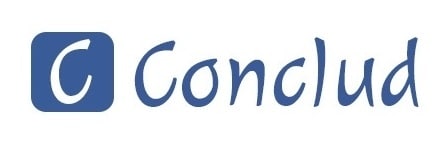The hard truth about hard drugs
While Zalkins’ story might be new to viewers of his film, his battle echoes that of many dealing with substance abuse.
The film address several factors of substance abuse. It points out the factors that invite people to use substances like drugs and alco, the initial comfort zone created over the course of addiction and the aftermath of dealing with recovering from .
“Here’s the answer to , here’s the solution entirely: Let me know when you can invent a little pill called willingness. Just pop that pill and you wave the white flag and you’re willing to do whatever it takes,” Zalkins said.
The film explains opioids as having physical and mental effects similar to heroin or morphine. They are commonly obtained in the form of legally-prescribed pain relievers. Drugs like Vicodin and OxyContin are legal until they are consumed in higher doses than the body requires. According to the film, 18 to 24-year-olds make up 80 percent of people in treatment for drugs.
Zalkins addressed the perceived misconception about addiction as a disease, not a choice.
“It saddens me when someone says ‘You just brought this upon yourself’ and I’ll say ‘until it affects someone in your family, then let me know how you feel.’ Would you talk to your own son that way? Would you talk to your daughter that way? ‘This is your fault. You wanted to be addicted and sick and do all the things we do in our sickness’ and that’s not the truth. When the disease claims ownership of us, it is not the human being that is essentially making these decisions, it’s the disease,” Zalkins said.
At MSU, there are currently about 700 students seeking assistance for a substance abuse disorder. That’s where the CRC comes in.
Seeking recovery options at MSU
Taylor Struna and Will Vaughn first discovered Zalkins’ film while attending a conference and wanted to bring his story to MSU. Struna is the student leader of CRC and works alongside coordinators to organize student outreach.
“It’s a difficult task … and it’s hard to advertise. Being out here and doing events like this, opening up to the public is really good for our image. If you are in recovery, that’s one of the first things you’ll probably Google if you’re pretty into your recovery,” Struna said.
Established at MSU in 2013, the CRC helps college students find sober alternatives to “normal” college life activities.




